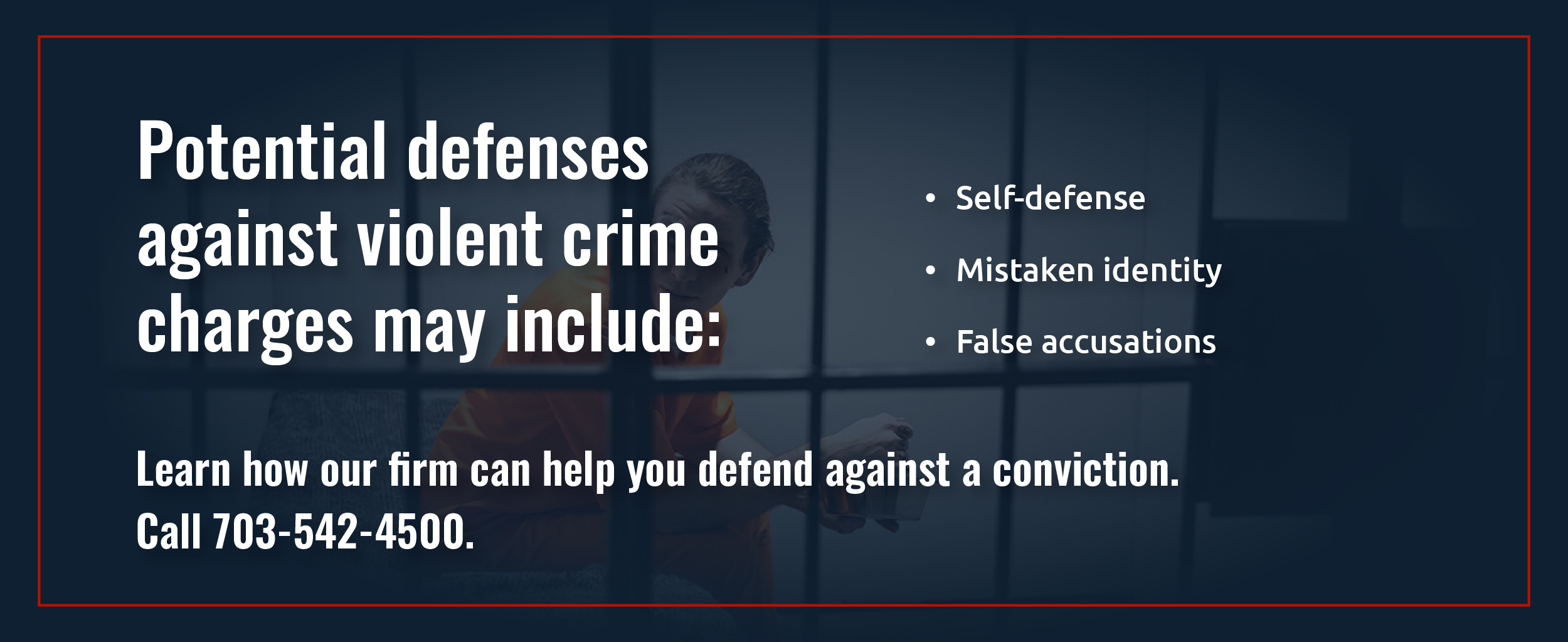If you have been accused of a violent crime, you may not only need to defend against criminal charges, but you may also need to respond to a request for a protective order made by the alleged victim. This type of order can place serious restrictions on you that could affect your living situation, your relationships with family members, and many other areas of your life.
While protective orders are civil matters, they may be related to criminal cases, or they may be requested during contentious divorce or family law cases. They may sometimes be weaponized, such as when a person accuses their spouse of domestic violence in order to force the person out of their home, limit their access to their children, and require them to continue providing financial support. Because of the serious and long-lasting effects of protective orders, it is crucial to work with an attorney to address the accusations and defend against unnecessary restrictions.
At Noorishad Law, P.C., our criminal defense lawyer can help you determine the right approach to take when responding to a request for a protective order. We can help you challenge the claims that you have engaged in violence, threats, or abuse, and we will work to prevent an order from being issued or extended. The rules surrounding protective orders are strict, and any violation—no matter how minor—can result in criminal penalties. Our skilled attorney can carefully review the facts, present evidence on your behalf, and fight to protect your rights.
Virginia law allows courts to issue protective orders under several circumstances. In general, a person who has experienced violence or threats may request an order, and a judge may grant their request if there is a risk of additional violence. A protective order may also be issued following an arrest for a violent crime such as assault and battery.
Protective orders may be a factor in cases involving:
An emergency protective order can be granted by a judge or magistrate without the accused present. These orders may remain in effect for three days. A hearing may be held to determine whether a long-term protective order will be necessary. If a judge grants a request for a protective order, the order may remain in effect for up to two years.

A protective order can place multiple types of restrictions on your daily life. Depending on the court's terms, these restrictions may include:
These restrictions can disrupt your life, affect your relationships with family members, limit your professional opportunities, and cause you to struggle financially. Because protective orders are handled in civil courts, they can lead to ongoing consequences, and they may remain in effect even if you successfully defend against any related criminal charges.
Because protective orders are civil matters, the burden of proof is lower than in a criminal case. A court can issue an order based on a judge's belief that the petitioner's claims are credible, even without physical evidence. Once issued, a protective order becomes part of the public record, potentially affecting issues such as employment and housing.
You will need to understand your options for defending against a protective order and avoiding restrictions that could affect you for multiple years. Our attorney can help you challenge the allegations against you and demonstrate that a protective order is not necessary to prevent acts of violence. He can introduce evidence countering the petitioner's claims and cross-examine the petitioner or other witnesses to show that the accusations against you are false. With a strong defense, you can avoid harsh restrictions while also addressing any criminal charges related to the allegations of violence or abuse.
Because the long-term effects of a protection order are so serious, a strong legal defense will be necessary to protect your rights and reputation while avoiding ongoing problems in your life. At Noorishad Law, P.C., our lawyer will work closely with you to defend against accusations of violence, abuse, or threats. Contact our McLean protective order defense lawyer at 703-542-4500 to arrange a free consultation.
